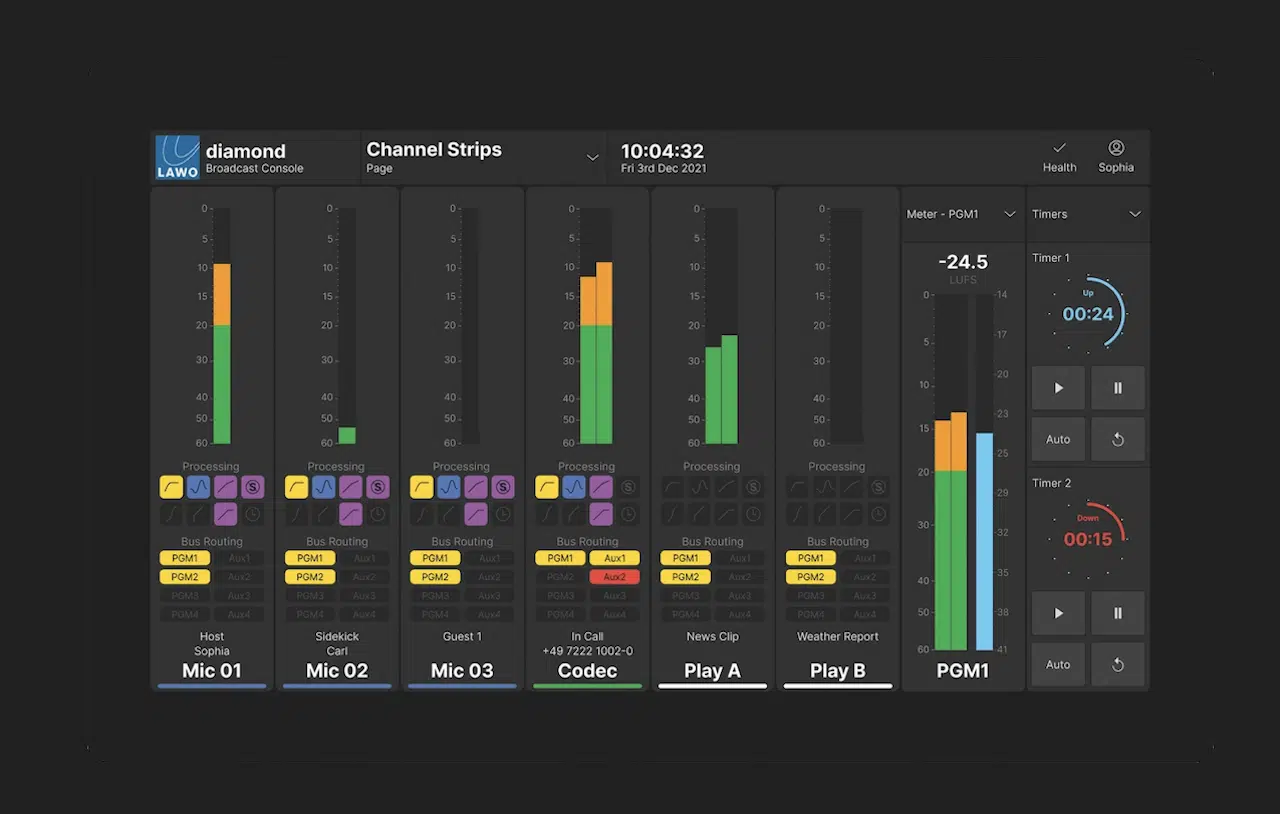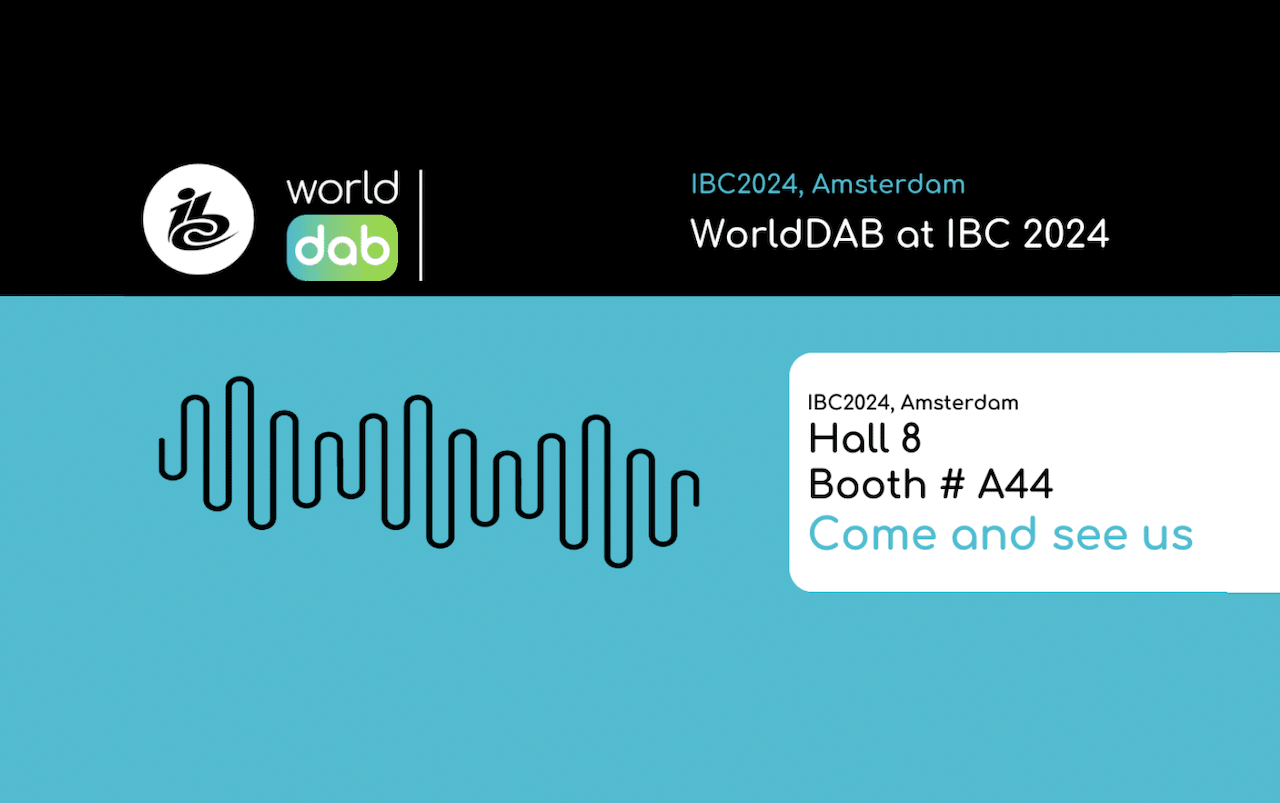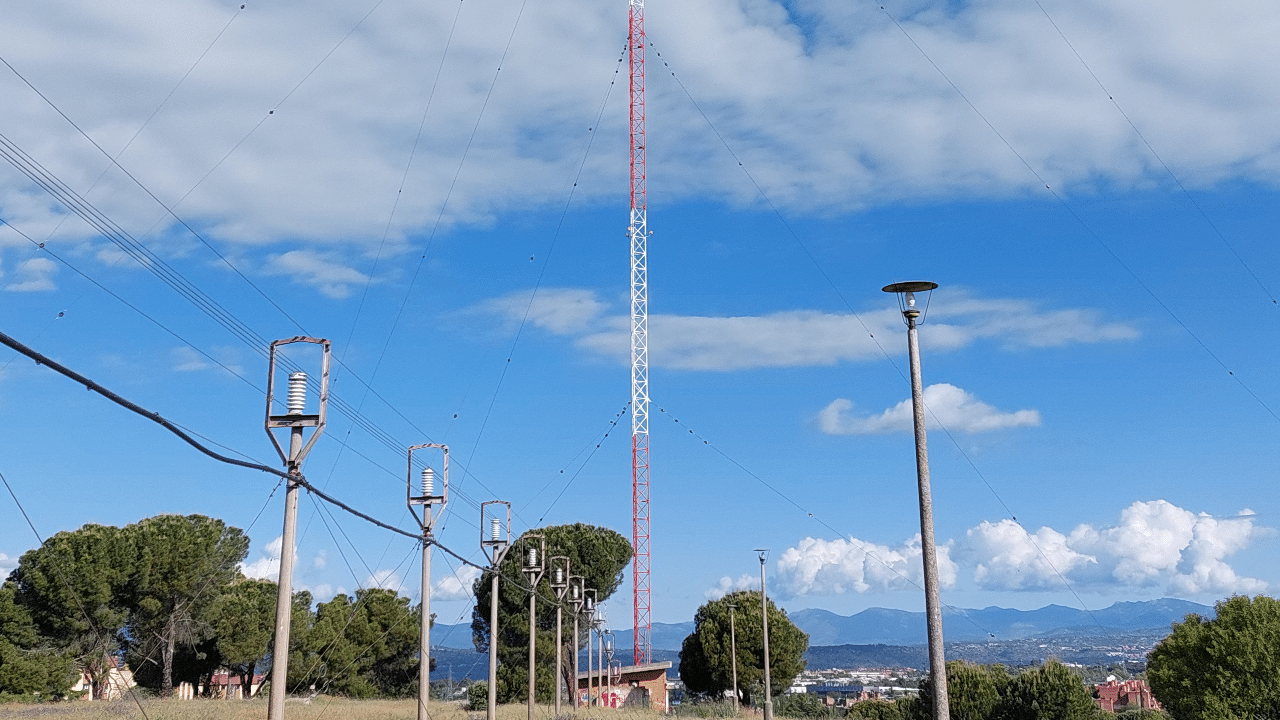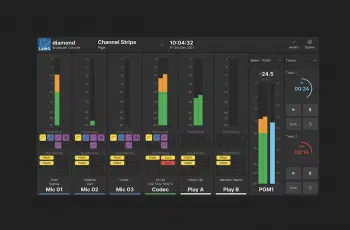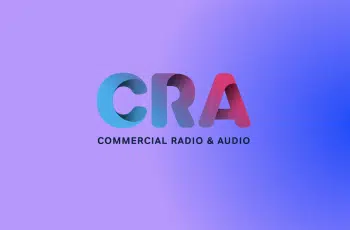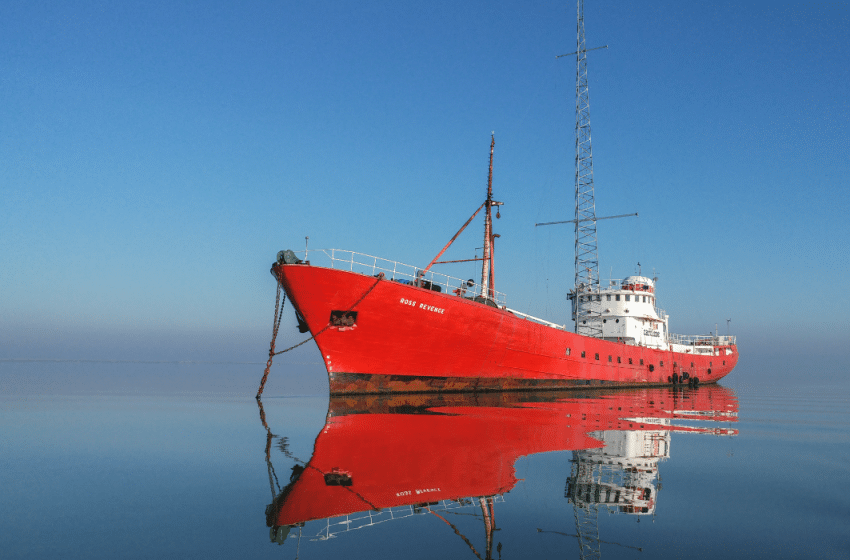
NORWICH, England — Always outside the mainstream, Radio Caroline, launched back in 1964 as the United Kingdom’s first offshore “pirate” radio station, continues to challenge perceived wisdom within the radio industry. While many other European broadcasters are gradually closing their AM outlets, Radio Caroline is successfully moving in the opposite direction.
Although also operating on DAB and online and recently adding terrestrial DTV coverage across England, the station’s main 648kHz AM site at Orfordness on the Suffolk Coast of the U.K. remains central to its operations. This facility, audible across southeast England and parts of France and the Benelux countries, saw a power increase just two years ago. The station is also investigating additional AM facilities and securing additional licenses, with a view to providing its online and DAB gold service “Caroline Flashback” to a wider audience.
Since completing the previous 6dB power increase in late 2021, the station has continued investing in the Orfordness transmitter site. In June 2022, it installed solar panels with a maximum generating capacity of 26 kilowatts. At present, Orfordness requires some 12kW of power for the totality of its operations, meaning that the station can also obtain additional income by generating excess power and exporting it back to the energy grid. The solar installation at Orfordness is designed with future capacity increases in mind. It would, for example, be possible to operate a second frequency from the site (as was previously the case when the BBC also used 1296kHz there).
Given its “pirate” past, it is perhaps unsurprising that questions remained over its ownership when the vessel first returned to U.K. waters.
Proposed power boost
Earlier this year, in light of the continued success of its AM operations, Radio Caroline approached the United Kingdom’s broadcast regulator, the Office of Communications (Ofcom), with proposals to further increase its radiated power on 648kHz. Ofcom initially rejected the proposal but, in its response, pointed out that a new U.K. Media Bill is currently being drafted, which might impact the future of AM broadcasting regulation. The regulator expressed the view that it would “be happy to have an open conversation to consider various matters with regard to content delivery” once it has “a better idea of how this may impact our responsibilities in utilizing this spectrum.”
Radio Caroline remains confident of a positive outcome. More immediately, Ofcom plans to consult on its analog engineering code later this year. The work will include a review of AM technical parameters. Considering the need to counter the increasing levels of interference experienced by AM listeners, this could, for example, lead to a change in the signal level deemed to constitute the daytime coverage contour. Currently considered to be 66dBuV (2mV per meter), a move to, say, 72dBuV would provide a clear engineering rationale for further increases in transmitted power levels.
In addition to commercial sales, Radio Caroline also generates operational income through an annual on-air appeal, which takes place every August. Although common in some counties, most notably the United States, such revenue generation remains rare across Europe. Nevertheless, for Radio Caroline, it has been a continuing success, helping not only cover running costs but also putting aside funding for the upkeep of its long-term broadcasting vessel, the MV Ross Revenge.
To secure the vessel’s future, Radio Caroline set up the MV Ross Revenge Charity in 2021. U.K. charitable status provides opportunities to apply for various sources of funding to secure the long-term future of physical assets.
Rescuing the boat that rocked
It’s 40 years since the Ross Revenge became the home of Radio Caroline. Although the station ceased broadcasting from international waters as long ago as 1990, it still regularly uses the ship as a live studio base for its now licensed services operating on both AM and DAB. Given its “pirate” past, it is perhaps unsurprising that questions remained over its ownership when the vessel first returned to U.K. waters. This lack of clarity prevented investment and funding for the vessel until 2014 when the station sought a legal resolution. After more than three years of legal investigations, marine lawyers showed that no trace existed of overseas organizations that may once have owned and operated the ship at sea. In 2018, the Admiralty Court, sitting at the Royal Courts of Justice in London, ruled that the vessel had indeed been abandoned, and awarded ownership to those possessing it since the early 1990s.
The Ross Revenge has, superficially at least, been well maintained since returning to inshore waters about 30 years ago, at a cost of some £400,000 (about US$500,000). Such maintenance has been limited to day-to-day upkeep, mainly due to the protracted questions over ownership. Unfortunately, however, under the surface (quite literally) the ship requires significant work to be fully seaworthy again. Considerable hull damage occurred when it ran aground on the infamous Goodwin Sands, off the Kent coast, in 1991. Such damage was assessed in detail when the ship was last in dry-dock in 1996, but the repair costs are likely to run into hundreds of thousands of pounds.
To secure the vessel’s future, Radio Caroline set up the MV Ross Revenge Charity in 2021. U.K. charitable status provides opportunities to apply for various sources of funding to secure the long-term future of physical assets. Such status also offers various tax benefits and opportunities to apply for charitable grants. The primary objective of the charity is to restore the vessel to fully operational status — “seaworthy” — and able to navigate under its own power.
At the time of writing in August 2023, the charity has already obtained approximately £135,000 (about US$168,000), including roughly £65,000 (about US$81,000) raised through a successful crowdfunding campaign earlier this year. This figure should expand further through the station’s annual appeal, and the charity is now developing applications to funding bodies such as the U.K.’s Heritage Lottery Fund. The aim is for a complete marine survey of the Ross Revenge over the coming year. Thereafter, as soon as funds permit, to move the vessel into dry dock as the first stage of its new voyage toward becoming fully operational once again.
The author is the senior lecturer in Radio and Audio at the University of Bedfordshire and writes about radio for RedTech from his home in Norwich, England
More stories from the UK
Edison Research releases U.K. podcast Top 25
The special responsibilities of public radio
The Radio Academy appoints new MD



